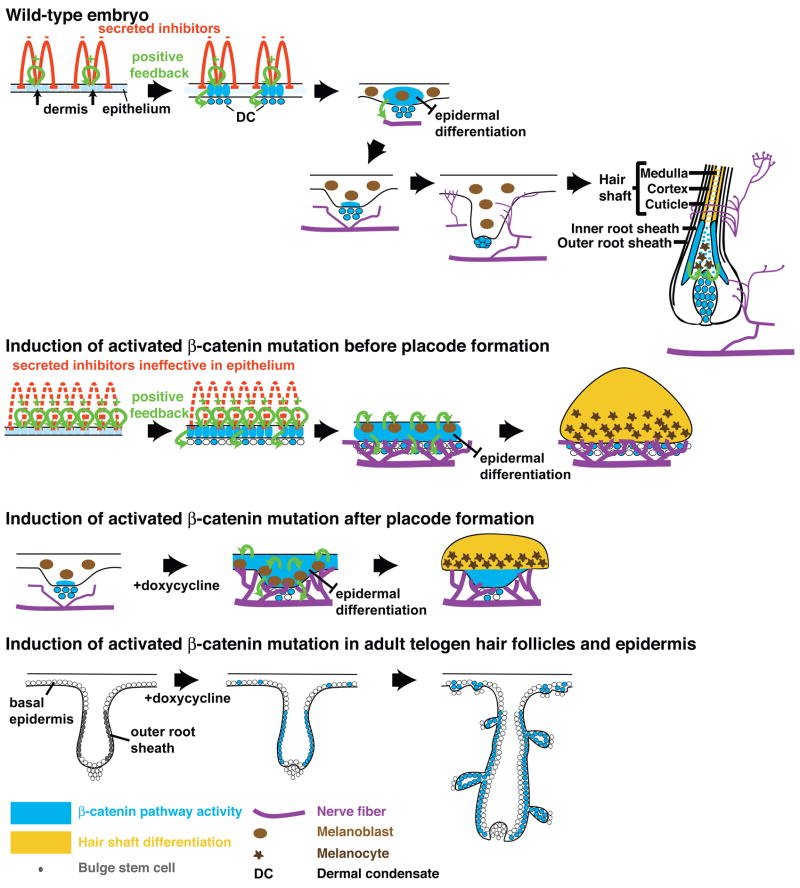Figure 7. Model of the effects of activated β-catenin on ectodermal differentiation.
Wnt/β-catenin signaling (blue) is weakly activated in subsets of wild type epithelial cells in response to dermal signals. Positive feedback signaling enhances pathway activity in placodes (Liu et al., 2008; Liu et al., 2007), activates secreted factors that promote dermal condensation and attract melanoblasts and nerve fibers, and induces expression of secreted Wnt inhibitors that block pathway activation in adjacent cells by a reaction-diffusion mechanism. Epithelial signaling reappears after birth in hair shaft precursor cells that attract pigment deposition. In the constitutive mutant, elevated epithelial β-catenin overrides the requirement for a dermal message, and stimulates enhanced positive feedback signaling, dermal condensation, and expression of secreted Wnt inhibitors that reduce Wnt/β-catenin signaling in dermal cells, but not in epithelial cells expressing activated mutant β-catenin. The imbalance between positive and negative signals leads to expanded adoption of placode fate, broad suppression of epidermal differentiation, enhanced innervation, precocious pigmentation and differentiation towards hair shaft. Induced mutation in embryonic epithelium after the placode stage blocks follicle downgrowth, stimulates hair shaft differentiation, and attracts pigment deposition and innervation. Induced mutation in adult telogen skin induces abnormal growth of existing follicles, and formation of ectopic follicles from outer root sheath and epidermis. Diagrams are not to scale.

